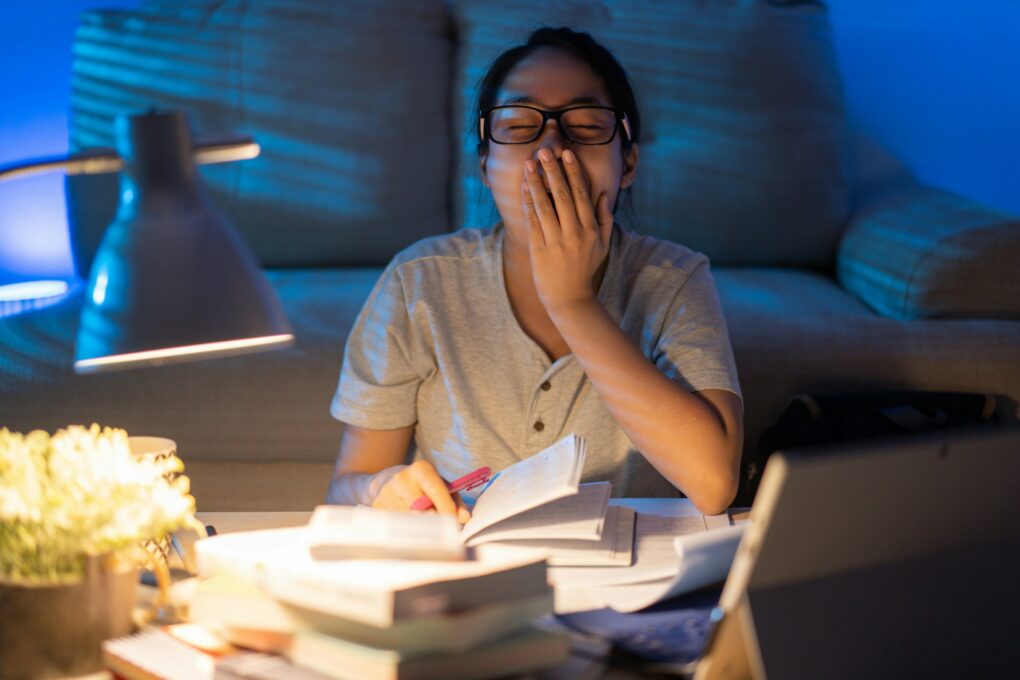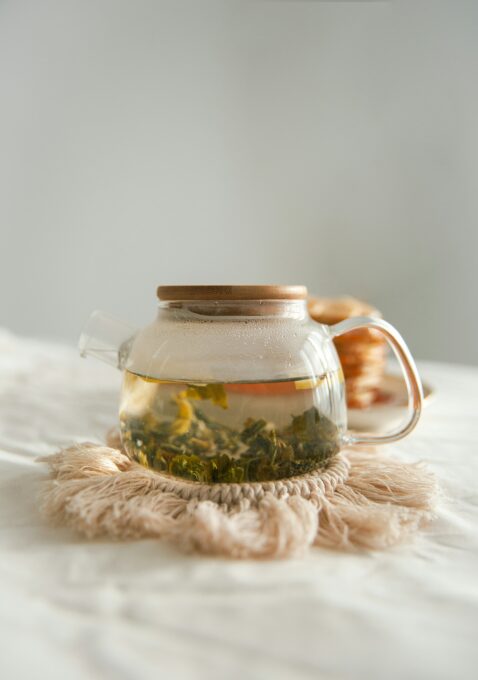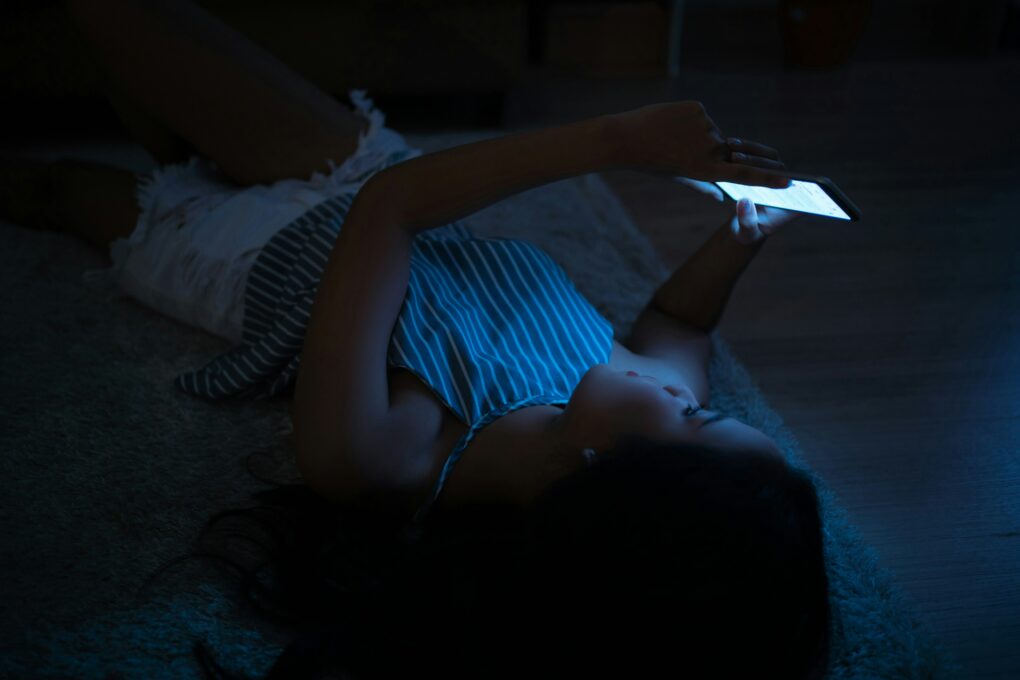Sleep is a big deal when it comes to staying healthy and doing well at uni, especially for international students who are juggling exam stress and aiming for high marks. This article breaks down the science of sleep and its impact on learning, memory consolidation and staying emotionally strong. Plus, we’ve got some solid advice on a good night’s sleep.
We’re sharing all the best advice on how to get that restorative sleep and ace your studies. Think of this guide as your buddy in the quest for serene slumbers and energized days, prepping you to face the ups and downs of student life with a fresh mind and spirit.

#1 The Power of Routine
Our bodies thrive on routine. Aligning your sleep schedule with your body’s internal clock, or circadian rhythm, can significantly improve sleep quality. By going to bed and waking up at the same time each day, you can enhance your sleep efficiency and overall health. This consistency strengthens your sleep-wake cycle, making it easier to fall asleep and wake up naturally.
#2 The Caffeine Conundrum: Choose Herbal Over Buzz
Caffeine, the wakefulness-promoting agent found in coffee, tea, and cola, can linger in your system for up to 6 hours.
Various studies take a look at how caffeine affects sleep, like this one from Psychology Today) which demonstrated the sleep-disruptive effects of caffeine consumed six hours before bedtime, resulting in significantly diminished sleep quality and quantity. This study is significant because it highlights how even if individuals do not perceive caffeine consumed in the afternoon to be affecting their sleep. Another study of the Sleep Foundation, even suggests a cutoff time of 8 hours before bed.
To ensure your afternoon beverage doesn’t interfere with your journey to dreamland, consider herbal teas instead. Chamomile, known for its calming properties, and Valerian root, often dubbed as ‘nature’s valium,’ stand out as sleep-promoting alternatives. These herbal brews not only soothe the mind but also prepare your body for a restful night’s sleep.

#3 Alcohol: A Foe Disguised as a Friend
While a nightcap might seem like a shortcut to sleep, alcohol is notorious for disrupting sleep architecture.
A study by Park et al. explains that alcohol initially increases non-REM sleep while suppressing REM sleep in the first half of the night. This is followed by decreased non-REM sleep, increased light sleep, frequent awakenings, and a REM rebound during the second half of the night (Doo-Heum Park, Jaehak Yu, S. Ryu).
This means: Alcohol may help you fall asleep faster but it negatively affects the phase associated with dreaming and memory consolidation. This disruption can lead to a fragmented sleep cycle, meaning you keep waking up for a short time (even if you don’t remember that) and leaving you feeling unrefreshed upon waking.
So, for a night of deep and restorative sleep, it’s wise to avoid alcohol before bedtime!
#4 Exercise: Timing is Everything
Physical activity is a great benefit for sleep, but the timing is important. Engaging in regular exercise promotes deeper and more restorative sleep. However, intensive workouts close to bedtime can rev up your body, making it harder to wind down. Aim to complete vigorous exercises at least three hours before bed, allowing your body temperature and heart rate to return to normal levels. By the way, that’s also why really hot showers or baths (or sauna!) aren’t very helpful before bedtime. So instead, just put on some socks if you’re a bit chilly (and you can kick them off later).
#5 Dietary Considerations: Light Over Heavy
Eating habits play a significant role in how well we sleep. While a light snack before bed can prevent hunger pangs from keeping you awake, heavy or rich meals can lead to discomfort and disturb a good night’s sleep. Foods high in fat and protein require more effort to digest, potentially leading to restlessness and indigestion. Opt for light, easily digestible snacks to avoid these pitfalls. A soup or noodle cup can sometimes work wonders, but watch out for MSG!
#6 Crafting the Perfect Sleep Environment
The ideal sleep environment is dark, cool, and quiet. Darkness cues your brain to produce melatonin, the sleep hormone, while a cooler temperature mimics the natural drop in body temperature that occurs at night, both conducive to sleep. Noise can disrupt your sleep cycle, making earplugs a valuable ally for those in busy environments. For many, white noise or specialized sleep apps like Sonder, with its sleep hub offering articles, meditations, and audios, can mask disruptive sounds, fostering a peaceful sleep atmosphere.
#7 Digital Detox Before Bed
Numerous studies have investigated how exposure to the blue light emitted by screens can inhibit melatonin production, thereby disrupting sleep patterns. A study from 2023 by Mikulska et al. indicated that chronic exposure to low-intensity blue light before bedtime can seriously affect sleep (Julia Mikulska et al.).
Similarly, the stimulating effect of action-packed entertainment like video games and movies on alertness and sleep delay is a topic of ongoing research, with findings suggesting that such activities can heighten alertness and delay sleep onset.
Studies also suggest that engaging in calming activities, free from screens, in the hour leading up to bedtime can significantly improve sleep quality.

Introducing Sonder: Your Sleep Companion
In the digital age, technology plays a dual role as both a disruptor and facilitator of sleep. The digital care platform Sonder serves as a testament to the latter. With a dedicated sleep hub featuring insightful articles, sleep-inducing meditations, and soothing audio tracks, Sonder acts as a bridge to better sleep. Its resources are crafted to address various sleep challenges, making it a great tool for those seeking to improve their sleep hygiene.
Here at The Switch, we’ve partnered with Sonder to provide our residents with a source of safety, be it physical or mental, for their entire stay. Find out more on their Website or download the app in the app store.
Final Thoughts
Yes, I guess we’re all guilty of not following the strategies above meticulously and sometimes it just won’t fit into our lifestyle. For example if we have night shifts in our jobs on some days but need to get up early on other days. And to be honest, how on earth are we meant to stay awake in the afternoon without caffeine? And when else should I check all my messages if not in the evening?
But remember, the journey to a good night’s sleep is a personal one, and small changes can make a significant impact. I for example try to wind down every evening with a cuppa of herbal tea and by reading a few pages in a book. And I try to get up once it get’s light outside!
If you want to read more about how to optimize your sleep and mental health, have a look at another article on our blog: 5 Apps To Use Daily For Mindfulness, Mental Health And Safety.
Here’s to peaceful nights and energized days ahead!
The Switch





















